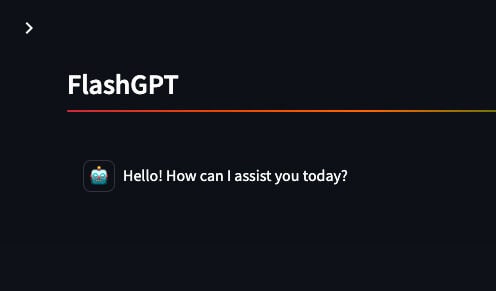U.S. Judge Blocks Trump Administration's Efforts to Dismantle USAID

A U.S. judge has temporarily blocked the Trump administration's move to dismantle USAID, which risks vital international aid and public health initiatives globally. Concerns are rising over the impact of funding freezes.
U.S. President Donald Trump's push to dismantle America's key international aid organization hit a snag when a federal judge temporarily blocked efforts to put thousands of government employees on leave.
Since Mr. Trump's inauguration last month, his administration has moved rapidly to shutter the U.S. Agency for International Development (USAID), sending shockwaves through the global humanitarian aid system and jeopardizing public-health, poverty-reduction, and human-rights initiatives worldwide.
On his first day in office, Mr. Trump imposed a 90-day pause on foreign aid, followed shortly by stop-work orders for organizations funded by USAID. This week, thousands of the agency's employees were warned they would be placed on paid leave, leaving only several hundred workers out of more than 10,000 employees and contractors, two-thirds of whom work overseas.
Hours before the order was to take effect, U.S District Judge Carl Nichols issued a temporary injunction in response to a lawsuit filed by two unions representing federal employees, alleging the Trump administration was acting unconstitutionally. The injunction specifically applies to 2,200 USAID employees.
The effort to dismantle USAID, spearheaded by Mr. Trump's billionaire ally Elon Musk as head of the new Department of Government Efficiency, constitutes the most visible component of a broader initiative to diminish civil service roles across the U.S. federal government.
Internationally, humanitarian aid agencies rely on over USD 40 billion of annual USAID funding for their services. The ramifications are already being felt; for example, Julie Lajoie, an assistant professor at the University of Manitoba, expressed concern about her network of health clinics in Nairobi that focus on HIV treatment and prevention, which may be forced to shut down due to the funding freeze.
In addition, an executive from a large Canadian non-governmental organization revealed that essential medical supplies are stranded in Sudan and the Democratic Republic of the Congo as a result of the funding crisis. The Globe has chosen not to identify the executive due to funding-related risks.
In a social media post, Mr. Trump publicly called for the shutdown of USAID, accusing it, without evidence, of fraud and corruption. Although the U.S. government claims to provide waivers to some organizations for continued essential health care work, securing these waivers has proven challenging.
Diana Sarosi from Oxfam Canada noted the difficulties organizations are facing amid this funding freeze. The dismantling of the entire department, including staff and funding, is seen as catastrophic.
The Canadian government has partnered with USAID on various projects, and Global Affairs Canada did not comment on the future of these collaborations. However, a spokesperson for the Minister of International Development expressed deep concern regarding the implications of shutting down USAID.
Christopher Hernandez-Roy from the Center for Strategic and International Studies highlighted that the closure undermines a significant aspect of America's "soft power," warning that a retreat could allow adversaries like China to fill the gap left by reduced American aid.



















